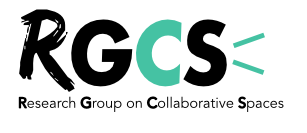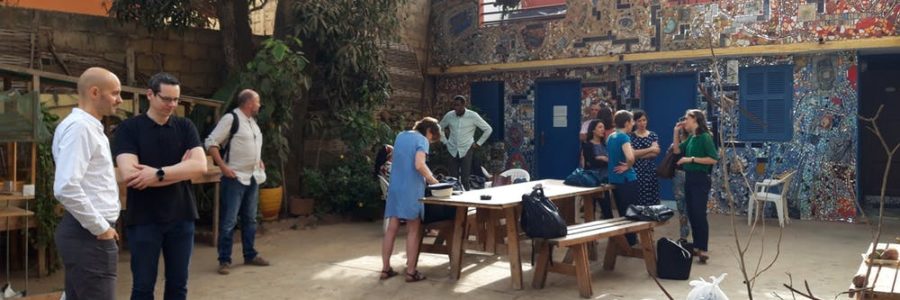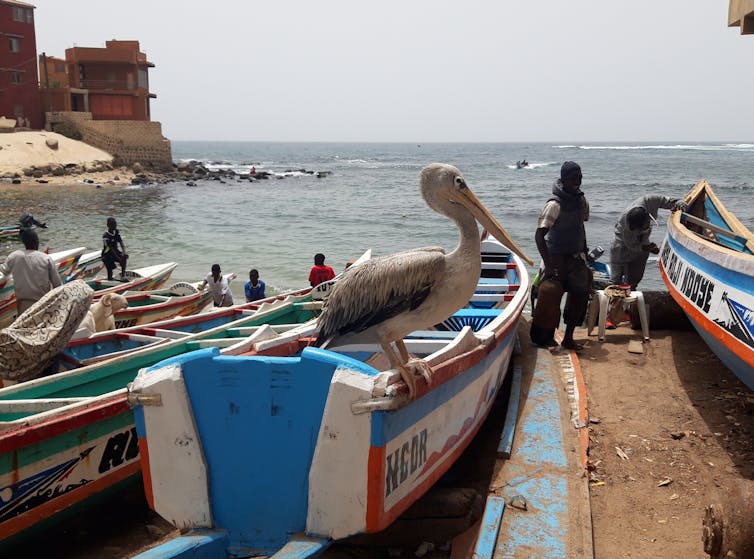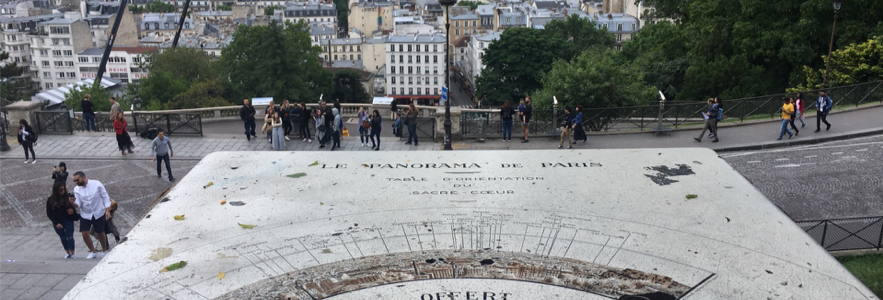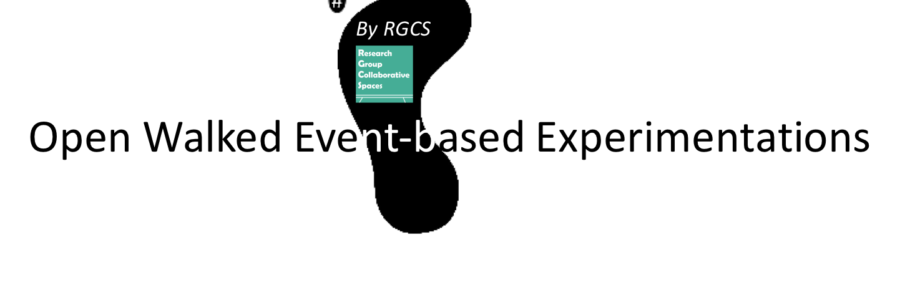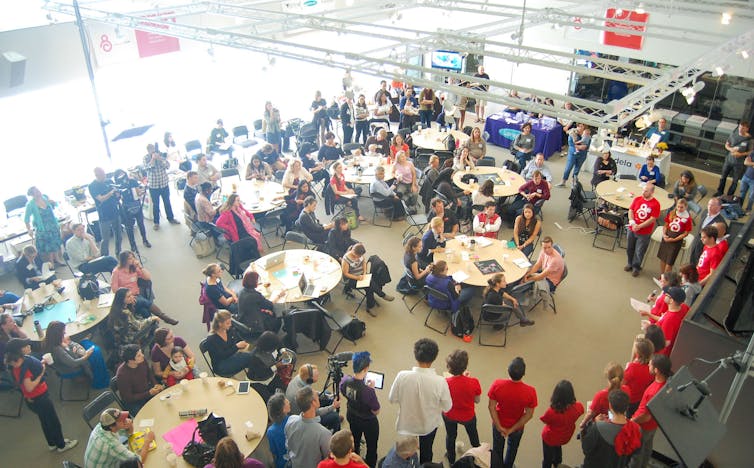Contributors (in alphabetical order): Anonymous 1;, Fayard, A-L.; Stefan; M; Statler, M; de Vaujany, FX.
On October, 25th 2019, we had the opportunity of a first Open Walked Event-Based Experimentation (OWEE) in the US. The idea of an OWEE is very simple: gathering a group of people who, for most of them, have never met, and co-producing a collective walk along with some analysis about it. An OWEE has thus no particular ‘objective’. It is a drift (“derive”) in a public space, sometimes intertwined with visits of third-spaces or collaborative spaces which are a way to explore further or differently the area around.
The topic of this collaborative learning expedition was Brooklyn, with the general and vague idea to explore its invisible frontiers and atmospheres, and grasp some aspects of the gentrification process here.
- FROM CARROLL GARDENS TO BUSHWICK: DESCRPTION OF OUR WALK
The event has first been
